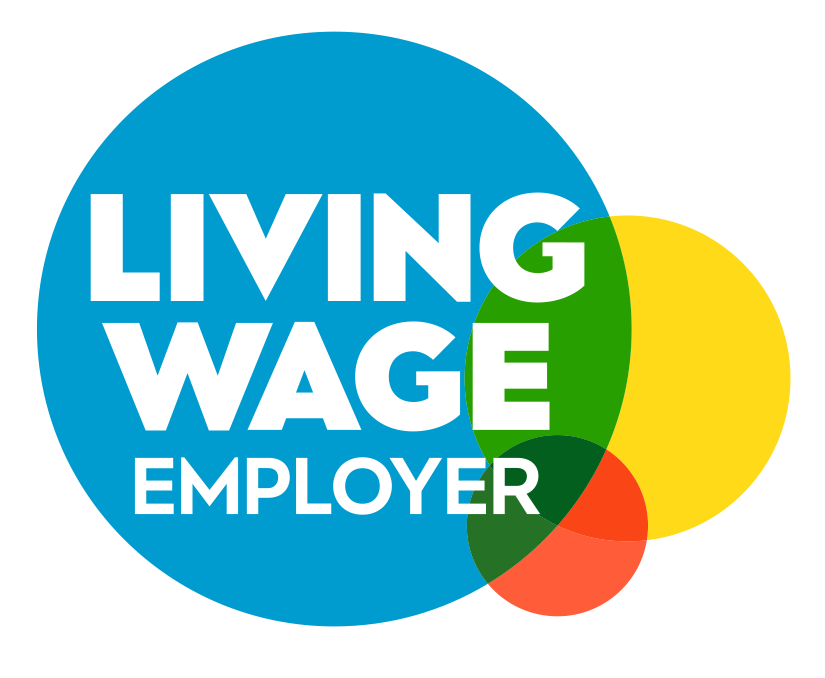Last week, Atalanta’s Lizzie Lloyd joined a discussion at Roxhill’s offices in St Paul’s, where PA Media journalists Emily Beament and Rebecca Speare-Cole tackled the question: ‘Is ESG PR still relevant?’. As climate and environment correspondents, they offered valuable advice on how to pitch ESG stories that stand out in overflowing inboxes and stand up to editorial scrutiny. Here are our three key takeaways:
Use data to back up a good story, not carry one
Beament and Speare-Cole emphasised that, above all, a story’s strength determines whether it will earn coverage. To resonate, it has to be rooted in human experience, connecting policy developments or data analysis to the material consequences that affect readers’ lives. While additional data, such as polling, can be useful to give a story credibility, both journalists were adamant that it should only be used in support of an existing compelling narrative, not as the story in and of itself. Similarly, to be considered newsworthy, polling must say something new about public opinion, challenging prevailing assumptions rather than affirming the obvious.
Make the economic argument to win over those already convinced of the science
With ESG becoming increasingly entangled in political and cultural debates, both journalists suggested avoiding scientific arguments when engaging the broader public, as, for the most part, mainstream audiences are already convinced of the science. Instead, focus on the economic case to win support for green investment across the political divide. For instance, in 2024, the UK’s net zero economy grew by 10%, confirming that rather than working against the UK’s ambitions for economic growth, as sometimes claimed by fringe groups on the far right, it is one of the few sectors in a position to create new industrial opportunities nationwide.
Stay solutions-focused even if the end goal hasn't yet been achieved
To maintain public interest, Beament suggested that the environmental sector should offer up stories that spotlight solutions, not simply the challenges faced. The regenerative farming movement, for example, offers an intriguing story for journalists as it speaks to a growing interest in using the ‘old ways to do new things’, combining modern methods grounded in science with traditional knowledge that had fallen away with the rise of intensive farming practices. Both journalists also recommended spotlighting the partners behind the solutions, particularly if they are somewhat unexpected allies collaborating around a shared goal, such as private companies, governments or philanthropic and non-profit organisations. Crucially, however, these solutions do not have to be perfected, with Beament and Speare-Cole suggesting that being open about the speed of progress can be beneficial to ensure full transparency.
Clearly, ESG PR remains highly relevant, but the discussion has moved on from the process-driven stories of the past few years. Strong, human-centred stories, grounded in economic reality and focused on solutions, earn attention in today's congested media landscape. As Beament and Speare-Cole shared, it's stories that show rather than tell that truly cut through.
If you would like to find out more about Atalanta’s work and our ability to communicate with impact on the issues that matter to our clients, click here or reach out to us by filling out this form.



